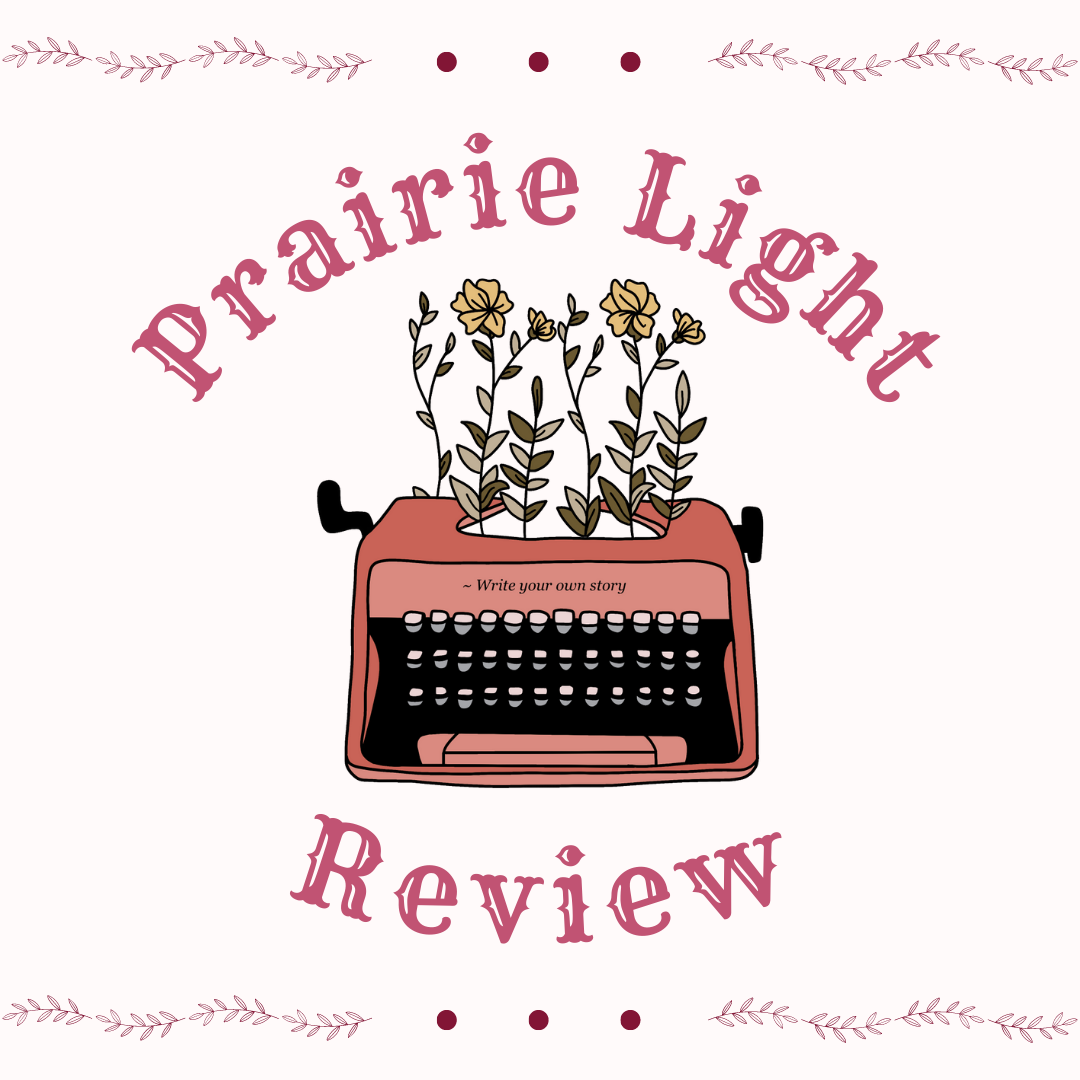My Mother’s Duplex Apartment
By Mark Tulin
My mother lived in the same duplex apartment since she got married at twenty-five. When my parents divorced, I thought my mother would fall apart, but she preferred to live alone. She wanted the apartment to herself.
Part of her isolation was because of mental illness. I didn’t know her official diagnosis, but I believe it was schizophrenia based on what people told me. She talked to herself as if there were several people present. Perhaps she conjured them up, so she wouldn’t be alone.
Her daily routine was simple. She was an early riser. She bathed in the morning, her first of three, powdered her breast with too much Johnson and Johnson’s Baby Powder, dabbed some cheap perfume behind her ears, and clipped her toenails.
She had a set of false teeth but never wore them. Instead, they sat in a glass of Polident on top of the toilet tank.
I knew my mother better than anyone. I watched her walk barefoot from one bedroom to the next, from the kitchen to the living room, debating with invisible people that seemed to float about her head, and I often wondered how much mental suffering could one woman take.
She kept a house key tied around her neck with a kite string. Whenever she left the house, she locked the door behind her. She read about the crime in the city and felt vulnerable being short and a woman.
When I think about her lonely life, it makes me sad. Although when I was a kid, I had little sympathy. I resented her for not being normal and was jealous of my friends for having a mom who didn’t talk in code.
Today, while leafing through an old photo album, I see her life differently. She made her duplex apartment into a temple. She often lit prayer candles and smudged her apartment with lavender and sage. If it wasn’t for the safety of her apartment, I’m sure the demons in her head would have conquered her years ago.
In her apartment, she taught herself to be structured. She refused to get upset or let her voices get her agitated. When it was lunch, she focused on food. When I came home from school, she planned what to say and what snack to prepare. And when she heard voices, she tidied up each room, made the bed, stacked the newspapers and magazines, and removed the soap scum around the tub with Pine-Sol.
In the afternoon, she took bath number two. Again, I heard the fast-running water as a child that echoed through the apartment. The sound of her bantering back and forth with herself frightened me, but the soothing water seemed to mute her insanity.
Sometimes it felt like a group of people were in the tub, all contentious, bickering, wanting to be the alpha person who ruled over my mother’s body.
I never rushed her while she was bathing, even though it was our only bathroom in the apartment. I knew she had important matters to discuss, a major summit, and the fate of the world hung in the balance.
My mother’s psychological problems always worried me, and I promised myself that once I left home, I would have as little contact as possible. I feared that whatever she had, I might also get.
“Make sure you don’t get into trouble," she'd say. "Don’t let people change you.”
I never knew what she meant by that until I went to college, and my roommate overdosed on heroin, and I watched him convulse and die in our dorm room.
As I got older and had my family, I saw my mother once a month. She never complained about my lack of visits and, instead, was grateful when I did show.
Her apartment was suffocating, and I always felt I was intruding. It was not only my mother's home but the people who inhabited her psyche.
Then I got a phone call from a city worker who had gone to my mother’s house that day. He was investigating a complaint from a neighbor who smelled gas. My mother didn’t answer, so they broke down the door.
The man found her dead on the kitchen floor. The coroner reported she had died from a heart attack.
I had to identify the body at the morgue. It was the first time in my life I had seen her at peace. Looking at her slab of death on a metal table, I was happy that she died in her home. And at her funeral, I made sure I buried her with her house key around her neck.
Soon, I rented a truck and cleaned out her apartment. It was sad to see the place she loved so barren. I imagined that whoever moved in would hear a tub running three times a day and my mother's footsteps going from room to room. Because I believed, even in death, she’d still be there.
